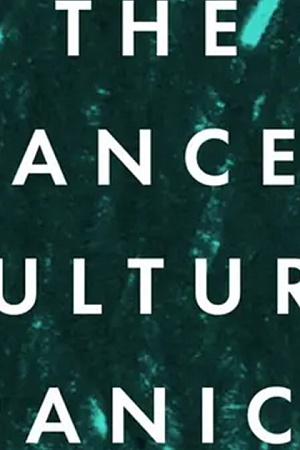An interview with Catriona Menzies-Pike
 Catriona Menzies-Pike is a writer and editor based in Vancouver. In 2023, she won the Walkley-Pascall Prize for arts criticism. Between 2015 and 2023, she was Editor of the Sydney Review of Books.
Catriona Menzies-Pike is a writer and editor based in Vancouver. In 2023, she won the Walkley-Pascall Prize for arts criticism. Between 2015 and 2023, she was Editor of the Sydney Review of Books.
When did you first write for ABR?
I began writing for ABR in 2008. I reviewed a collection of essays by Meaghan Morris, a welcome diversion from the abyss of my graduate studies. I was very pleased by the title my review was given: ‘Gadfly Critic’.
What makes a fine critic?
I am first and last compelled by the presence of the critic in their work, by their willingness to conduct a reader through a reading of a book, that could not, or so it must seem, be written by any other hand. Not for me arm’s length epistles that purport to a timeless, peerless objectivity; I want to hear voices that carry tonalities, affects, lived experience, proclivities, expertise, intelligence. The critics whose company I prefer are distinguished by their style and by their intrepid independence, though I may not agree with them. They are close readers and close writers, in that they pay attention to the syntax and use of language of the writers that they review, and also to their own. ‘Fearless’ is an abused adjective, but I admire critics who are willing to court contempt in their prosecution of their arguments rather than remain in step with the ever-blander consensuses that the market has formed around value, morality, style, identity, and so on.
Which critics most impress you?
This depends on what I am reading right now, and right now I am reading Elizabeth Hardwick’s Collected Essays and finding myself captivated once more by her syntax and her conviction. I will also drop most tasks to read new writing by Terry Castle.
Do you accept most books on offer or are you selective?
I am selective. It takes me a long time to write even a short review, and I am reluctant to do so if I have nothing to say.
What do you look for from an editor?
Close attention, which is to say, an eye for error, pieties, exaggeration, cliché, and all related follies.
Do you ever receive feedback from readers or authors?
Yes.
What do you think of negative reviews?
Critics need to be prepared to deliver negative evaluations of books. Otherwise, their enthusiastic endorsements are worthless.
How do you feel about reviewing people you know?
Australia’s literary world is very small indeed, not so small that everyone knows everyone, but certainly small enough for conflicts of interest to arise frequently. I am old enough to know better, but I am startled still to see Australian critics reviewing work by writers who are their friends or colleagues, or to witness critics heaping praise upon an author with whom they share a publisher. That is what blurbs are for! Of course, proximity to an author can equip a critic to deliver useful insights into their work. The issue is whether these conflicts of interest are disclosed. Not to do so is to break an ethical compact with the reader. I think readers deserve to know whether a critic has a bond of friendship – or enmity, for that matter – with the author under review. If a critic cannot figure out how to tell them so in a review, they should turn down the job. That is the standard I hold other critics to, and it is one I strive to meet as well.
What’s a critic’s primary responsibility?
I am not sure I can isolate just one. To read well and widely. To preserve her independence. To keep her ethical obligations to the reader and to the writer in view. To file on deadline.










Leave a comment
If you are an ABR subscriber, you will need to sign in to post a comment.
If you have forgotten your sign in details, or if you receive an error message when trying to submit your comment, please email your comment (and the name of the article to which it relates) to ABR Comments. We will review your comment and, subject to approval, we will post it under your name.
Please note that all comments must be approved by ABR and comply with our Terms & Conditions.